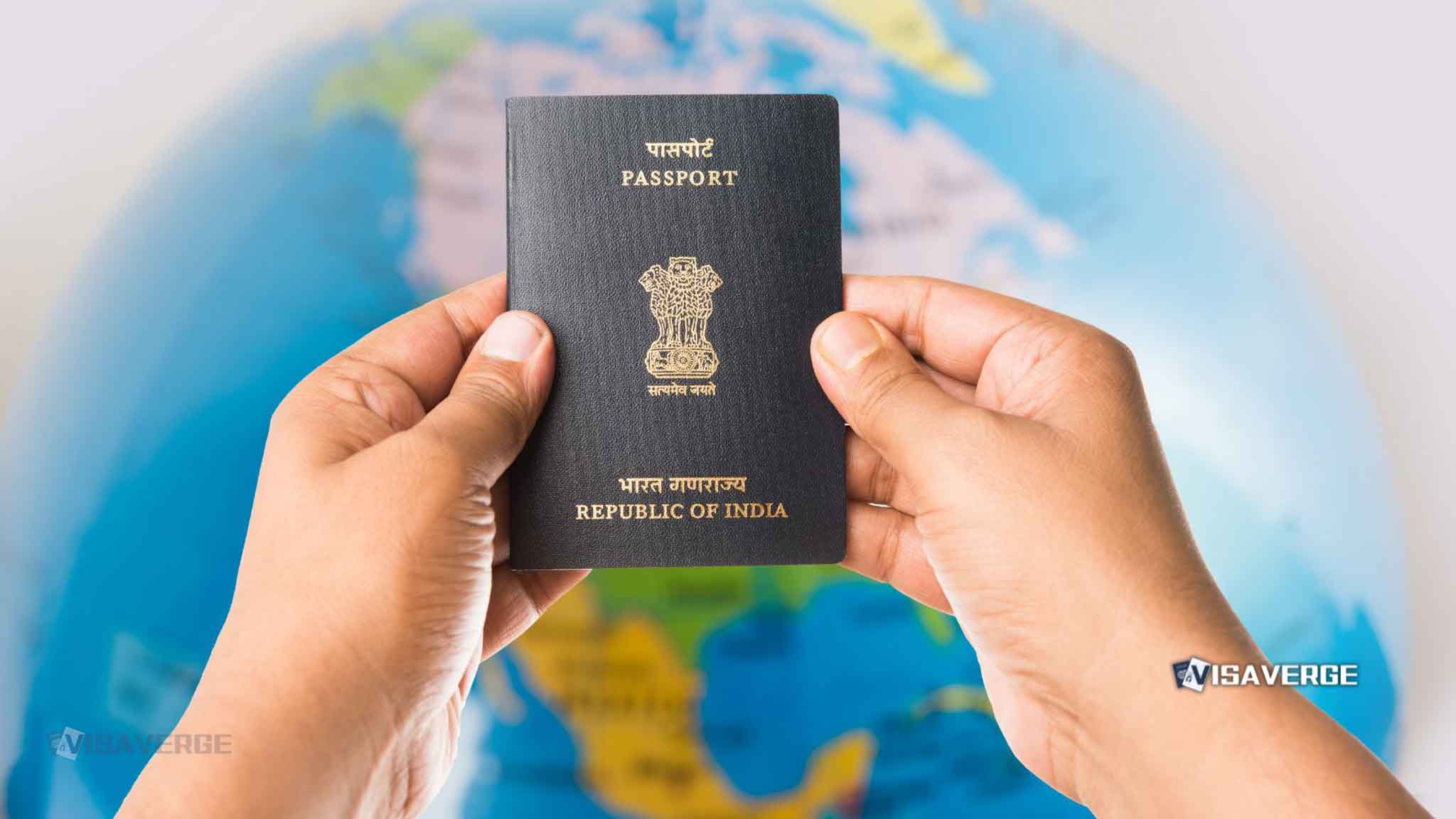Understanding OPT and Mental Health Support
For many international students in the United States, the period after graduation can be crucial. The Optional Practical Training (OPT) program provides an opportunity for these students with F-1 visa status to work in their field of study for up to 12 months, and potentially 24 additional months for those in STEM fields. However, navigating life post-graduation, especially in a foreign country, can be stressful, and seeking mental health services during this time is both important and beneficial.
Recognizing the Need for Mental Health Support
Mental health is as important as physical health, and this realization is crucial for international students who may face additional pressures and stressors. Acknowledging signs of stress, anxiety, or depression is the first step towards finding help. If you are on OPT and experiencing such challenges, know that you are not alone, and there are resources available to support your mental well-being.
Seeking Mental Health Services as an International Student
There are several avenues through which international students on OPT can seek mental health support:
On-Campus Resources
Even after graduation, some universities offer continued support to their alumni. This may include counseling services or referrals to external support systems. Reach out to your institution’s international student office or counseling center to inquire about available mental health resources for OPT students.

Health Insurance Coverage
Many students on OPT may still be covered by their student health insurance plan or may have opted for a different health insurance plan post-graduation. Check your insurance policy to see what mental health services are covered and the process for accessing them.
Local Community Health Services
Community health centers often provide affordable mental health services. These centers sometimes have sliding scale fees based on your income, making mental health support more accessible.
Online Therapy Platforms
With the rise of telemedicine, online therapy has become a viable option, offering convenience and privacy. Platforms like BetterHelp and Talkspace can connect you with licensed therapists for virtual sessions.
Support Groups
Finding a support group with individuals who share similar experiences can be incredibly helpful. These groups offer a sense of community and understanding that can be comforting during stressful times.
Hotlines and Help Lines
In immediate crisis situations, hotlines can provide quick access to assistance. Organizations like the National Suicide Prevention Lifeline (1-800-273-TALK) are available 24/7 for support.
Navigating Insurance and Payment for Mental Health Services
One challenge international students often face is understanding and navigating the U.S. healthcare system. Here are some tips:
- Always verify whether the service provider is in-network to avoid unexpected costs.
- Learn about any co-pays or deductibles that might apply to your mental health care.
- If you’re uninsured or underinsured, look for providers offering services on a sliding scale.
Taking Care of Your Mental Health During OPT
Remember, it’s critical to prioritize your mental health, especially during transitional life stages like OPT. Consider the following tips:
- Establish a routine that includes work, rest, and recreational activities.
- Stay connected with friends, family, and support networks.
- Practice mindfulness, meditation, or other stress-reducing activities.
- Maintain a healthy diet and exercise regularly.
Conclusion
Mental health is key to your overall well-being and success while on OPT. Recognize when you might need help and utilize the resources available to you. It’s a sign of strength to seek assistance when needed. For guidance on navigating your health insurance or learning more about your rights as an F-1 student on OPT, visit the U.S. Immigration and Customs Enforcement website or the U.S. Department of Health & Human Services website to ensure you have access to the most accurate and up-to-date information. Your mental health matters, and there are many paths to finding the support you need while pursuing your career goals in the United States.
Hey there, international student on OPT! Your mental health is just as important as your job search process. Remember to establish a routine, stay connected with loved ones, meditate, and exercise. And if you’re feeling overwhelmed, don’t hesitate to seek support. Check out visaverge.com for more helpful tips on navigating life on OPT. Take care and keep rocking that F-1 visa!
FAQ’s to know:
FAQ 1: How can international students on OPT seek mental health support after graduation?
Answer: International students on OPT can seek mental health support through various avenues. They can check if their university offers continued support to alumni, including counseling services. They can also explore mental health services covered by their health insurance plan or consider community health centers that provide affordable options. Additionally, online therapy platforms and support groups can offer convenience and a sense of community.
FAQ 2: What are some tips for navigating insurance and payment for mental health services as an international student on OPT?
Answer: Navigating the U.S. healthcare system can be challenging for international students on OPT. To help with insurance and payment, it’s important to verify if a service provider is in-network to avoid unexpected costs. Understanding co-pays and deductibles specific to mental health care is also crucial. In the case of being uninsured or underinsured, seeking providers who offer services on a sliding scale can be beneficial.
FAQ 3: How can international students on OPT take care of their mental health during this transitional period?
Answer: To take care of their mental health during OPT, international students can:
- Establish a routine that includes work, rest, and recreational activities.
- Stay connected with friends, family, and support networks.
- Practice mindfulness, meditation, or other stress-reducing activities.
- Maintain a healthy diet and exercise regularly.
By prioritizing mental well-being, international students can navigate OPT more effectively while pursuing their career goals in the United States.
What did you learn? Answer below to know:
- True/False: The Optional Practical Training (OPT) program allows international students in the United States to work in their field of study for up to 12 months.
- Which of the following is NOT a recommended avenue for international students on OPT to seek mental health support?
a) On-campus resources
b) Health insurance coverage
c) Local community health services
d) Online therapy platforms - What are some tips for international students on OPT to prioritize their mental health?
a) Establish a routine, stay connected with support networks, practice mindfulness, and maintain a healthy diet and exercise regularly.
b) Seek mental health services only from on-campus resources.
c) Ignore signs of stress, anxiety, or depression as they are common during transitional stages.
d) Cut off all social connections to focus on work during OPT.








